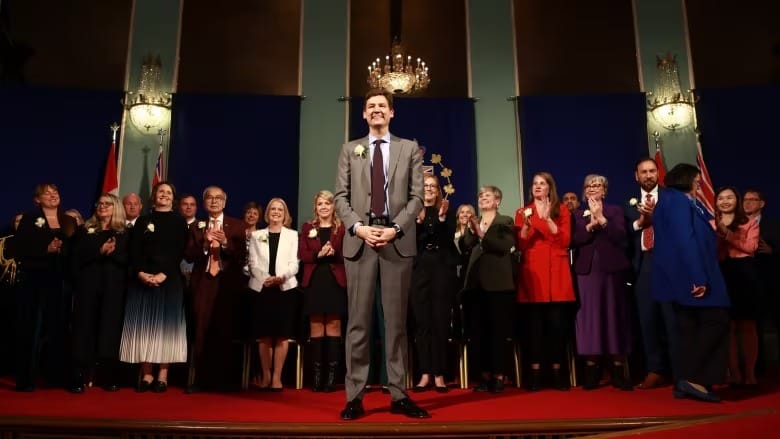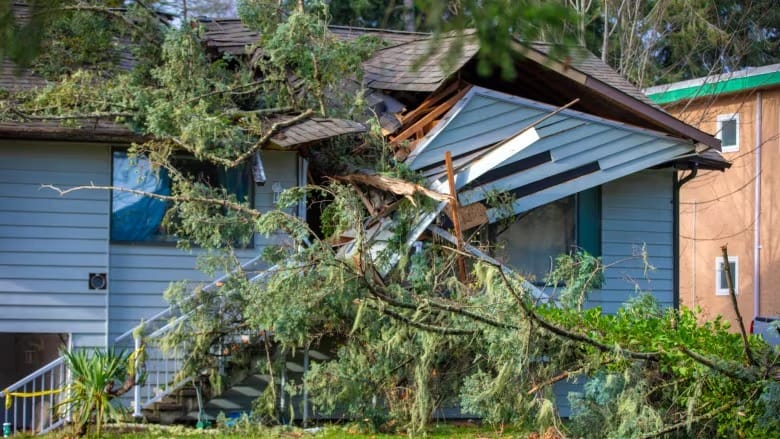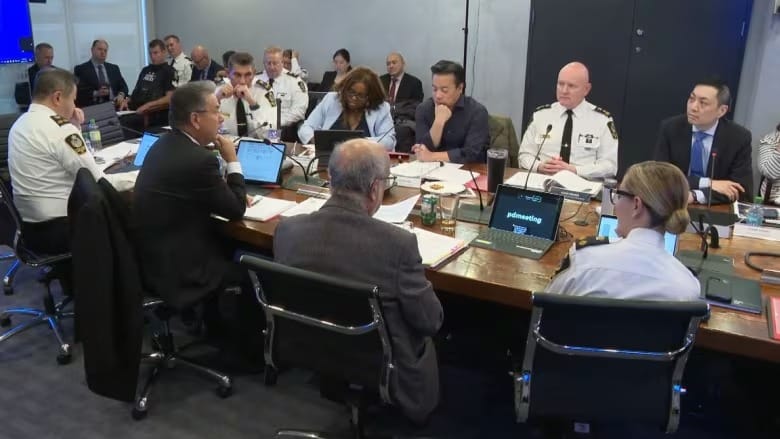27 cabinet ministers sworn in as B.C.'s new NDP government takes power
Several MLAs who led high-profile ministries return to their seats. Others take on new portfolios

A new team of 27 cabinet ministers has been sworn in to serve British Columbia, featuring a mix of experienced members and fresh faces new to provincial politics.
On Tuesday, Lieutenant Governor Janet Austin formally reappointed David Eby as Premier and oversaw the swearing-in ceremony for the cabinet ministers and ministers of state.
“This responsibility of serving in government is both tremendous and serious. British Columbians expect us to uphold it with integrity,” Eby remarked during his speech on Monday. He added, “The good news is we don’t have to do it alone. We have the support of family and friends.”
Shifting portfolios and new appointments
The cabinet includes notable changes and fresh appointments. Former Health Minister Adrian Dix has taken on the role of Minister of Energy and Climate Solutions, while Josie Osborne, the former Energy Minister, now leads the Ministry of Health.
Brenda Bailey assumes the critical Finance portfolio, tackling a record $9 billion deficit. Meanwhile, Garry Begg, introduced by Eby as "Landslide" in reference to his narrow 22-vote victory in Surrey-Guildford, received enthusiastic cheers as he was named Solicitor General and Public Safety Minister.
With only 15 ministers from the previous government re-elected, several first-time MLAs have joined the cabinet. The new team comprises 23 ministers and four ministers of state, maintaining the previous cabinet's size. Women hold the majority of roles, with 16 women in ministerial positions.
Key returning ministers
Attorney General Niki Sharma will continue in her role for the next term and has been elevated to Deputy Premier. Grace Lore and George Chow retain their portfolios as Minister of Children and Family Development and Minister of Citizen Services, respectively.
Housing Minister Ravi Kahlon remains in his post and will also oversee municipal affairs. Lana Popham returns to the Ministry of Agriculture and Food, a position she held from 2017 to 2022.
In a structural change, the Ministry of Transportation and Infrastructure has been divided. Bowinn Ma now leads Infrastructure, while Mike Farnworth, previously Solicitor General, oversees Transportation and Transit as well as the role of House Leader.
Newcomers and restructured ministries
Jennifer Whiteside, previously Minister of Mental Health and Addictions, transitions to the Ministry of Labour, as mental health responsibilities now fall under the Ministry of Health. Lisa Beare moves from Post-Secondary Education to Education and Child Care, replacing Anne Kang, who takes over Post-Secondary Education.
Former deputy Speaker Spencer Chandra-Herbert will now lead the Tourism, Arts, and Culture portfolio, while Jagrup Brar assumes the newly dedicated Mining portfolio.
Prominent first-time ministers
Several parliamentary secretaries have been promoted to ministerial roles. Kelly Greene, formerly responsible for fisheries and aquaculture, is now Minister of Emergency Management and Climate Readiness, reflecting the growing need for disaster preparedness. Ravi Parmar takes on the Ministry of Forests, while Rick Glumac assumes the role of Minister of State for Trade.
Newly elected MLAs have also been entrusted with important roles. Christine Boyle, a former Vancouver city councillor, has been named Minister of Indigenous Relations and Reconciliation. Tamara Davidson, with nearly three decades of public service, takes on the Environment portfolio.
Diana Gibson, entering provincial politics for the first time, leads the Ministry of Jobs, Economic Development, and Innovation. Meanwhile, Terry Yung, a 30-year veteran of the Vancouver Police Department, becomes Minister of State for Community Safety and Integrated Services.
Premier’s vision
Eby highlighted the need for cross-party collaboration to improve the quality of life in the province. He emphasized the cabinet's focus on addressing practical concerns and delivering on issues affecting British Columbians, such as affordable housing, economic growth, and disaster resilience.
The new cabinet, with its mix of experience and innovation, marks a significant step as the government seeks to address the province’s challenges with a forward-looking approach.





